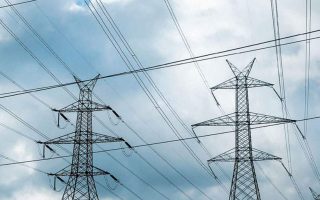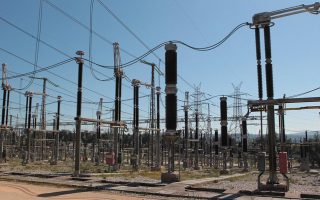Steep hikes in electricity bills

Households and companies face significant hikes of up to 50% in their electricity bills from September as wholesale power prices broke all records in August.
Government officials, especially at the Energy Ministry, are alarmed by both the increased burden on consumers and the chain reaction on the prices of other products and services. However, there are no instruments at their disposal to mitigate the effect since the underlying reasons are external, specifically, the rally in carbon dioxide emissions prices as a result of European Union policies to mitigate climate change and the continuing rise in natural gas prices.
To those factors one must add geopolitics; Gazprom, the Russian company who is the EU’s main provider in natural gas, has decided not to provide the supplementary gas Europe needs ahead of the winter season in order to pressure EU members to approve the Nord Stream 2 pipeline. This, and higher demand for liquefied natural gas by Asian countries, have raised import prices to €48 per megawatt-hour from €25 in May.
Electricity prices in European wholesale markets have caught fire and are now well over €100 per megawatt-hour, with the highest prices in the Balkans and Hungary (€155 per MWh in Bulgaria, €145 in Serbia, €125 in Croatia and Slovenia, and €115 in Hungary and Romania). But it is Greece that is the most expensive electricity market, with the wholesale price at €157 per MWh, a 70% gain since the start of the year.
Consumers are already feeling the impact of higher prices and complaints to the Energy Ministry and the Regulatory Authority for Energy (RAE) have consequently exploded. The Confederation of Professionals, Craftsmen & Merchants (GSEVEE) has sounded the alarm about the added burden to small and medium firms, saying that one in four cannot pay their bills.
Given that electricity prices are expected to stabilize at these high levels, RAE has proposed greater transparency in electricity contracts, so the consumers are made aware of the price adjustments. Power suppliers, including state-controlled PPC have opposed the proposals and RAE has extended negotiations, which were supposed to end Monday, to September 14.





